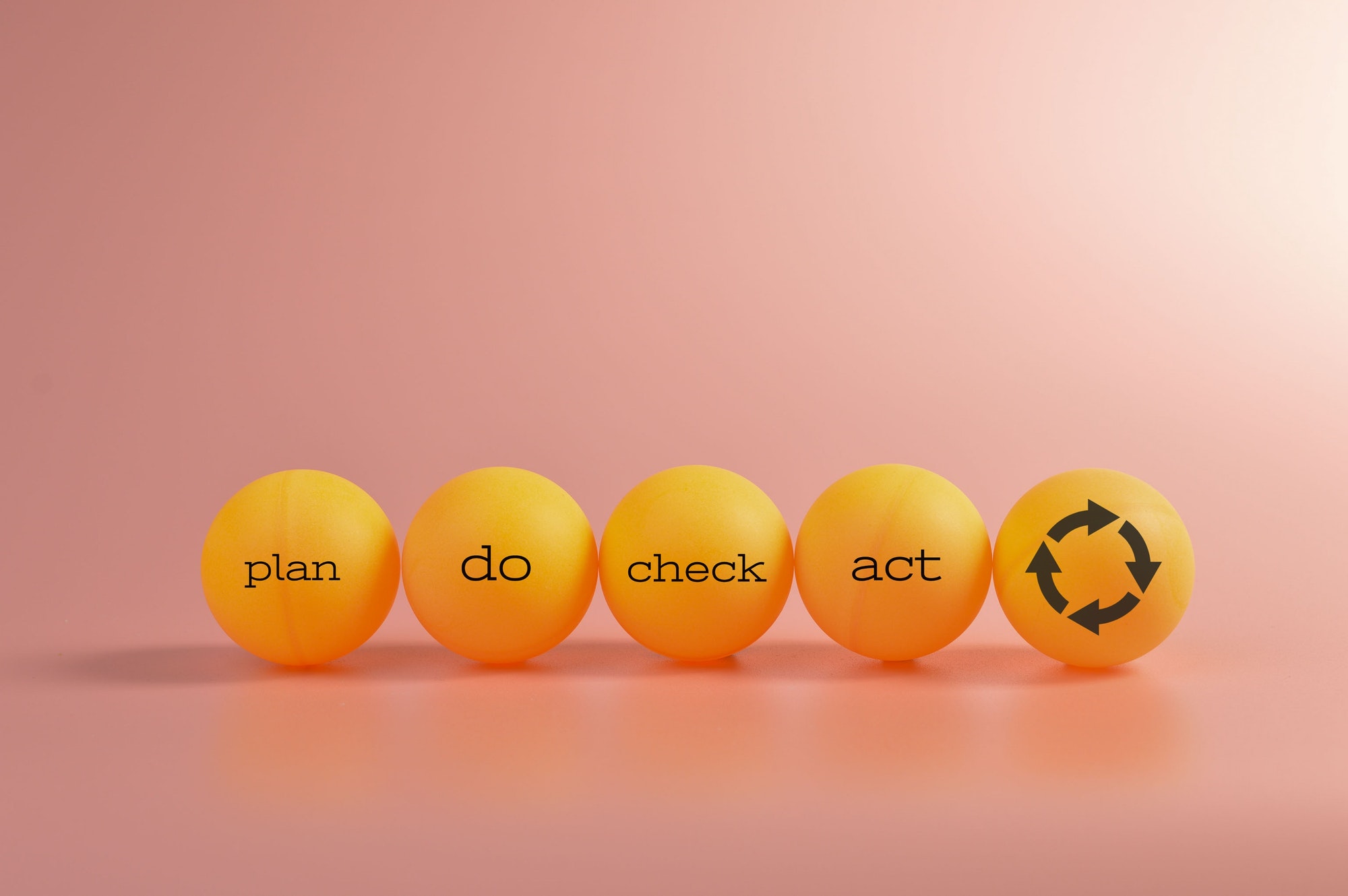A Quick Look at the EU’s Digital Markets Act (DMA)
What’s the DMA All About?
The European Union has a new set of rules called the Digital Markets Act (DMA) that’s all about making sure the big tech companies play fair. It’s like a referee in a soccer game, making sure no team has an unfair advantage. This law targets the big players in the digital world, the ones who control what we see and do online, making sure they don’t use their power to keep out smaller competitors.

How Apple and Microsoft Fit Into This
Recently, the EU took a closer look at Apple’s iMessage and Microsoft’s Bing search engine, including Microsoft’s Edge browser and its advertising business. They wanted to see if these services were too powerful and needed to be reined in by the new DMA rules. The verdict? They’re not big enough to worry about under these new laws. Both Apple and Microsoft are okay with this decision, which is a big deal in the ongoing discussion about how to keep tech giants in check.
What This Means for Microsoft and Apple
Why Being Left Out Is Good News
The fact that services like iMessage, Bing, Edge, and Microsoft Advertising aren’t covered by the DMA highlights how the EU is being picky about which battles to fight. They’re focusing on making sure no single company can control everything online, without going after every service a big company offers. This decision shows that the EU is trying to be fair, not just tough.
Big Tech Still Has to Play by the Rules
Even though some services got a pass, the DMA still means big changes for companies like Microsoft and Apple. The DMA has a bunch of rules to stop these tech giants from pushing around smaller companies. For example, they can’t favor their own products unfairly or use data to harm competitors. Microsoft will need to watch how it runs Windows and LinkedIn, and Apple has to make sure iOS, the App Store, and Safari are playing fair.
Looking Ahead
The Bigger Picture
The DMA isn’t just about Europe; it’s going to shake things up globally. As these tech giants adjust to these new rules, we might see changes in how services are offered and how data is handled, not just in Europe but everywhere. This could inspire other places to introduce similar laws, leading to a worldwide movement towards more open and fair digital markets.
So, in a nutshell, the DMA is Europe’s way of making sure the digital playground is fair for everyone, from the small startups to the tech titans. Apple and Microsoft have dodged some of the stricter rules this time, but they, along with other big tech companies, will still need to make sure they’re not playing dirty. It’s all about making the digital world a better place for everyone.

Frequently Asked Questions (FAQs)
1. What is the Digital Markets Act (DMA)?
The DMA is a set of laws introduced by the European Union to ensure that big tech companies, like social media giants and search engines, play fair. It’s like a rulebook that prevents these companies from using their power to shut out smaller competitors, ensuring that the digital market stays open and competitive for everyone.
2. Why were Apple’s iMessage and Microsoft’s Bing not regulated by the DMA?
After looking into these services, the EU decided that iMessage, Bing, along with Microsoft’s Edge browser and Advertising service, don’t dominate the market enough to need the strict control set by the DMA. Both Apple and Microsoft agreed with this decision, meaning these services can operate without the extra rules that the DMA puts on “gatekeepers” of the digital market.
3. What does it mean for a service to be exempt from the DMA?
Being exempt means that the service isn’t considered a “gatekeeper” under the DMA rules. This means the EU doesn’t think the service has enough power to control its market or to unfairly limit competition. These services can continue to operate without following the stricter rules that the DMA places on more dominant companies.
4. How will the DMA affect big tech companies like Microsoft and Apple?
Even though some services are exempt, the DMA still has a big impact on big tech. It introduces rules that prevent these companies from unfairly promoting their own products or using their data to hurt rivals. This means companies will have to change how they operate in Europe, like making sure their platforms are more open to competitors and not misusing user data.
5. Will the DMA have an impact outside of Europe?
Yes, the DMA could have a global impact. As companies adjust to follow these new rules in Europe, they might change how they do things in other parts of the world too. Plus, the DMA could inspire other countries to introduce similar laws, leading to a global shift towards a more open and competitive digital market.
Sources Bloomberg


